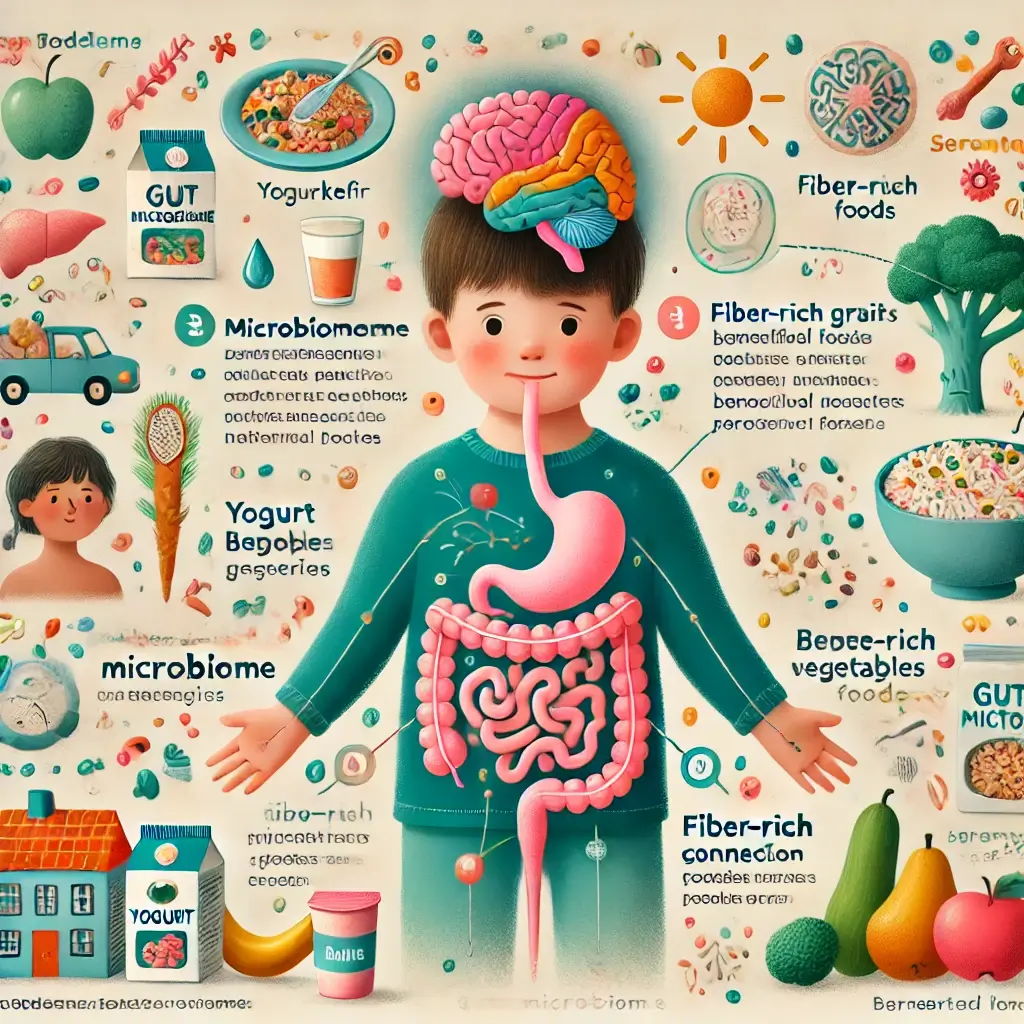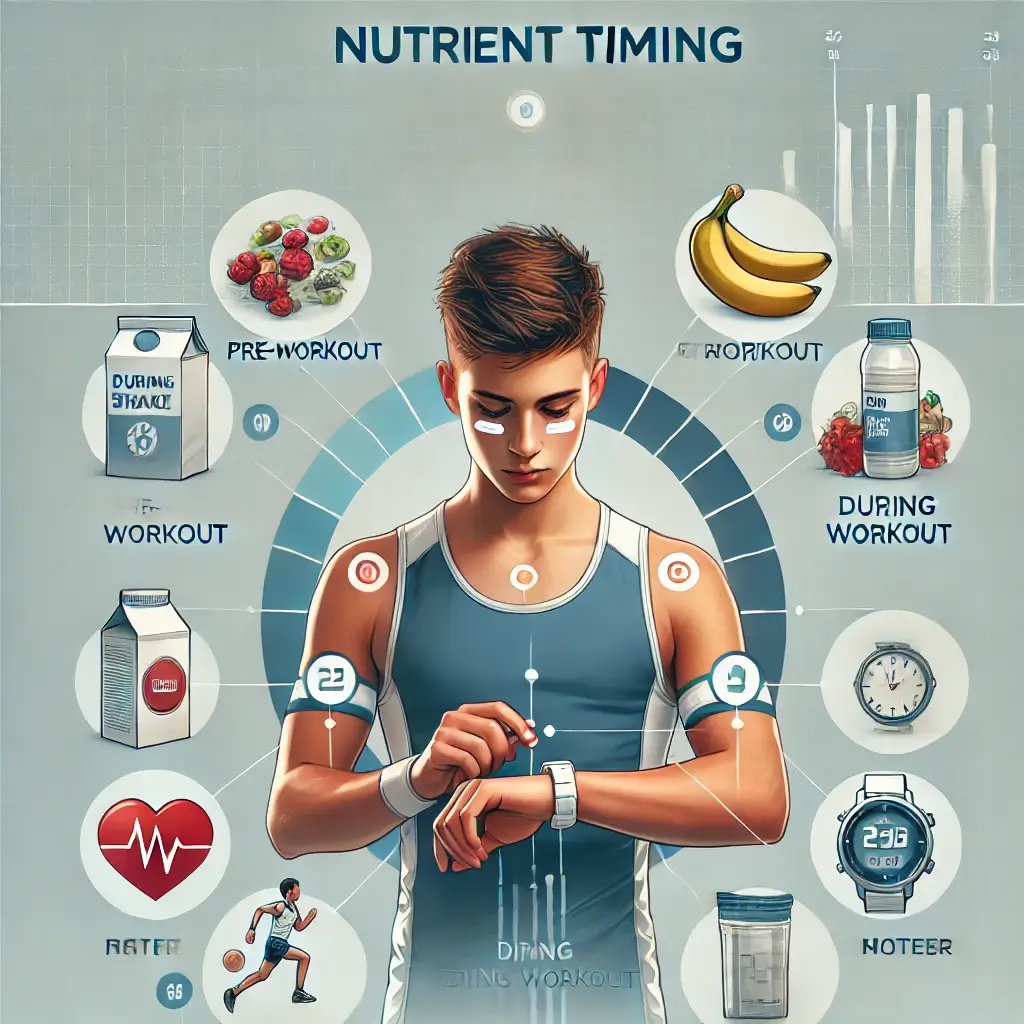Research Reveals: How Strategic Breakfast Choices Boost Academic Performance by 50%
The Impact of Breakfast on Student Performance
Imagine a school day where children feel energized, focused, and fully engaged in their lessons. This scenario is not a mere ideal but a practical possibility achieved through a carefully planned breakfast. Experts consistently emphasize the importance of breakfast in providing the nutrients essential for cognitive performance, memory retention, and emotional stability.
Dr. Elena Martinez, a pediatric nutritionist, states, “Skipping breakfast is not just skipping a meal; it’s skipping an opportunity to set the brain up for success.” Data from the Journal of School Nutrition (2024) reveals that students who consume nutrient-rich breakfasts outperform their peers in tests and sustain attention for longer periods. Despite these benefits, many families struggle with incorporating healthy breakfast habits into their routines.
This article explores the science behind effective breakfast strategies, highlighting actionable ideas to ensure that children are ready to excel in the classroom.
The Science of Breakfast and Cognitive Performance
Breakfast replenishes glucose stores after the overnight fast, providing the energy the brain requires for complex cognitive tasks. Numerous studies show a direct link between breakfast quality and improved academic outcomes. A 2024 study of 2,500 students demonstrated significant differences in performance between those consuming balanced breakfasts and those skipping this critical meal:
Memory Retention: Improved by 45%.
Problem-Solving Skills: Enhanced by 50%.
Focus and Attention: Sustained 35% longer during lessons.
Core Nutritional Components
Protein (15-20g per meal): Boosts neurotransmitter production for memory and mood regulation. Common sources include eggs, yogurt, lean meats, and nuts.
Complex Carbohydrates (30-45g per meal): Provide steady energy and help avoid mid-morning crashes. Examples include whole grains, oats, and fruits like bananas.
Healthy Fats (10-15g per meal): Omega-3 fatty acids found in avocados, seeds, and nuts enhance brain health and focus.
Micronutrients: Iron, B-vitamins, and zinc are essential for maintaining energy and focus, found in leafy greens, fortified cereals, and dairy.
Negative Effects of Skipping Breakfast
Skipping breakfast often leads to cognitive and behavioral challenges:
Reduced concentration and processing speed.
Mood swings and irritability in the classroom.
Increased likelihood of fatigue and hunger-related distractions.
Easy and Effective Breakfast Ideas for Families
Creating balanced breakfasts doesn’t have to be complicated or time-consuming. With a little planning, families can incorporate nutrient-dense meals into their morning routines.
Quick, Balanced Breakfast Ideas
Avocado Toast with Eggs: Spread avocado on whole-grain toast, topped with a boiled egg and chia seeds for an energy-packed start.
Smoothie Bowl: Blend frozen fruits, spinach, almond milk, and protein powder. Add granola and nuts for a crunch.
Overnight Oats: Mix oats, almond milk, chia seeds, and fresh fruit the night before. Add a dollop of peanut butter for protein.
Time-Saving Strategies for Busy Mornings
Pre-Preparation: Prepare smoothie packs or protein muffins over the weekend to save time on weekday mornings.
Involve Children: Encourage kids to participate in preparing their breakfasts, fostering healthy habits and reducing prep time.
Digital Assistance: Use apps like Mealime or Yummly to plan, organize shopping lists, and find quick recipes.
On-the-Go Options
For families with especially hectic mornings:
Whole-grain cereal with milk and a handful of nuts.
A banana with almond butter and a boiled egg.
Yogurt with granola and fresh berries in a portable container.
The Role of Schools in Promoting Breakfast Nutrition
Schools can significantly contribute to improving breakfast habits. Evidence from Brain Development Quarterly (2024) shows that implementing breakfast programs leads to:
A 55% increase in morning academic performance.
A 40% decrease in disruptive behaviors.
Schools can also collaborate with local nutrition experts to provide educational workshops for parents and students. These workshops can focus on creating cost-effective and time-efficient breakfast plans.
Conclusion
Breakfast is more than just a meal; it is a foundation for a child’s academic and emotional success. By incorporating nutrient-dense options that balance protein, complex carbohydrates, and healthy fats, parents can give their children the tools they need to excel in school.
As Dr. Martinez aptly concludes, “A thoughtful breakfast isn’t just a start to the day—it’s an investment in a child’s future.” Families, schools, and communities must work together to prioritize breakfast as a means of nurturing young minds. With small adjustments and consistent effort, the benefits of a well-planned breakfast can shape not only daily performance but lifelong learning habits.
References
Journal of School Nutrition (2024). Impact of Breakfast on Academic Performance.
Cognitive Performance Studies (2024). The Role of Balanced Nutrition in Enhancing Focus and Retention.
Pediatric Nutrition Review (2024). Key Nutrients for Cognitive Development in Children.
Brain Development Quarterly (2024). School-Based Nutrition Programs and Academic Outcomes













